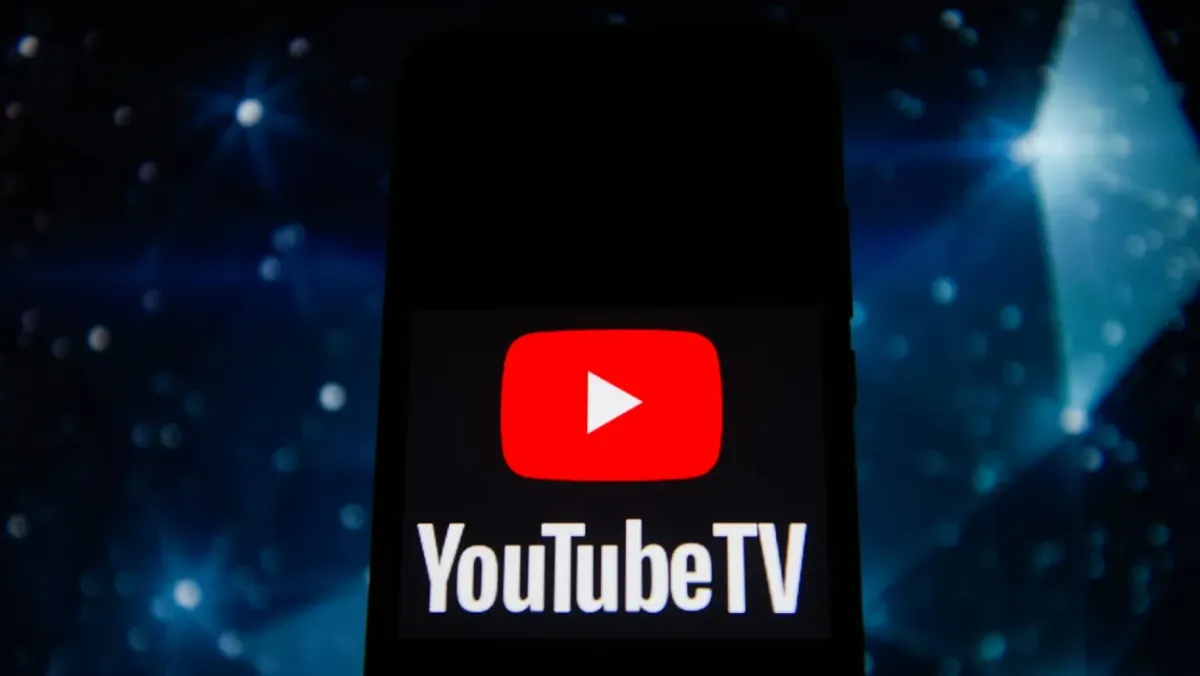YouTube TV Just Saved Your Favorite Shows—Here’s What You Need to Know

In a win for millions of cord-cutters across the U.S., Google’s YouTube TV and Comcast-owned NBCUniversal have reached a new multi-year distribution agreement that keeps popular NBC programming on the platform.
The deal, announced Thursday, comes after tense negotiations that threatened a potential blackout of fan-favorite shows like Sunday Night Football, America’s Got Talent, and The Voice for YouTube TV’s growing subscriber base.
Instead, both companies have not only renewed their partnership but expanded it. Under the agreement, YouTube TV will continue carrying NBCUniversal’s entire portfolio of broadcast and cable channels, including NBC, CNBC, MSNBC, USA Network, Bravo, and more.
YouTube TV Secures NBC’s Full Lineup
As one of the largest pay-TV distributors in the U.S., YouTube TV’s ability to retain NBCUniversal content is a significant win. With over 5 million subscribers, the platform has increasingly become a central hub for live sports, entertainment, and news.
In addition to keeping NBCUniversal’s broadcast and cable channels, YouTube is also bringing NBCU’s streaming service Peacock to its growing Primetime Channels marketplace. This feature allows users to subscribe to third-party streaming services directly through the YouTube app.
Justin Connolly, global head of media and sports at YouTube, said in a statement:
“This deal builds on our longstanding partnership with NBCU while addressing the evolving media landscape and recognizing the importance of making content available where and how viewers want to watch it.”
Peacock Stays in the Google Ecosystem
The deal also extends beyond YouTube. As part of the agreement, Peacock will remain available across Google’s Android ecosystem—including the Google Play Store and Google TV—for several more years.
This ensures that Google users can continue to access NBCU’s growing library of streaming content, from original series and films to live sports and news.
Peacock’s inclusion in YouTube Primetime Channels also reflects a broader strategy by Google to position YouTube as not just a video-sharing platform, but a central hub for all forms of television and streaming content.
Tense Negotiations Nearly Led to a Blackout
While the final agreement is a win-win for both sides, getting there wasn’t smooth.
Negotiations had previously stalled over carriage fees—what YouTube TV would pay NBCUniversal to carry its channels. This friction led the companies to enter a short-term contract extension on Wednesday to prevent an immediate content blackout while talks continued.
Fortunately for subscribers, the short-term solution paved the way for a longer, more stable agreement, avoiding the kind of disruption that has become increasingly common in the era of streaming wars.
YouTube TV’s Growing Power in the TV Industry
This deal also highlights YouTube TV’s rising influence in the U.S. television market.
According to Nielsen, YouTube has now surpassed traditional TV networks and even streaming giant Netflix to become the most-watched TV platform in the country. Its reach, combined with Alphabet’s financial strength, gives Google significant leverage in negotiating content deals.
Industry analysts note that YouTube TV’s recent success in carriage negotiations—not just with NBCUniversal, but also with media giants like Fox Corp and Paramount—signals a major shift in power dynamics in the media industry.
Unlike traditional cable providers, YouTube TV offers more flexibility, digital integration, and direct-to-consumer data, making it increasingly attractive for content distributors.
What This Means for Viewers
For subscribers, the announcement is good news.
It means continued access to high-demand content, including:
- Sunday Night Football
- The Tonight Show Starring Jimmy Fallon
- The Voice
- Dateline NBC
- America’s Got Talent
- Premier League matches, Olympic coverage, and more
It also means no sudden interruptions in service or lost channels—a growing concern as disputes between distributors and content owners become more frequent.
Plus, the addition of Peacock to YouTube’s Primetime Channels gives viewers another easy way to consolidate their streaming subscriptions without leaving the YouTube ecosystem.
The Future of TV Is Consolidation
This latest deal reflects a broader trend in the entertainment industry: consolidation of streaming services into centralized platforms. As the number of streaming services continues to rise, consumers are looking for easier ways to manage them. YouTube, with its massive user base and intuitive interface, is positioning itself to be the go-to aggregator.
The inclusion of Peacock and other third-party services within YouTube’s marketplace may hint at a future where viewers no longer have to juggle multiple apps and accounts—just one YouTube interface to access everything from live TV to premium on-demand content.
Final Thoughts
After a tense standoff, Google and NBCUniversal have struck a deal that ensures viewers won’t miss a minute of their favorite programming. It’s a strategic win for YouTube TV, which continues to solidify its status as one of the most powerful players in modern television.
For consumers, the message is simple: more stability, more content, and one less reason to worry about blackouts interrupting their entertainment.
As competition in the streaming and digital TV space continues to intensify, partnerships like this one will be critical—not only for the platforms themselves but for shaping the way millions of people watch TV in the years ahead.
